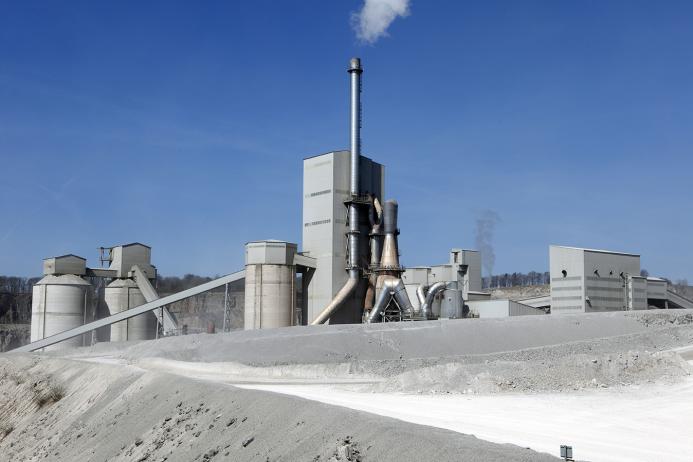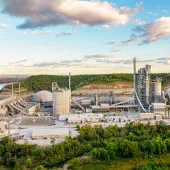MPA backs CCC calls for net-zero urgency
Mineral Products Association welcomes new progress report from Climate Change Committee
A NEW report from the UK’s Climate Change Committee (CCC) – an independent body set up to advise the Government on reducing greenhouse gas emissions and preparing for and adapting to the impacts of climate change – has been welcomed by the Mineral Products Association (MPA), which has echoed calls for decarbonization to be accelerated.
Reacting to the new CCC 2024 progress report, which shows the UK is off track to achieve its 2030 emissions reduction target, the MPA is urging the new Government to speed up progress, focusing on actions to encourage investment that will deliver net zero.
Representing producers of essential but energy-intensive materials such as cement and lime, the MPA welcomes the CCC’s call to accelerate decarbonization, as well as the committee’s recognition that electricity prices for UK industry need to be reduced.
The UK has higher industrial electricity prices than most European competitors and has faced a steep rise in imports of cement in recent years – a clear sign of ‘carbon leakage’. The CCC report’s section on consumption emissions shows that exporting industrial production overseas fails to tackle climate change at a global level.
Writing to the new Energy Security and Net Zero Minister, Ed Miliband, the MPA has stressed the growing urgency for the Government to make critical policy decisions to tackle carbon leakage. These include the future of ‘free allocation’ in the UK Emissions Trading Scheme and the details of the Carbon Border Adjustment Mechanism (CBAM), which the MPA wants to see brought forward to 2026.
The UK’s emissions are now less than half the levels they were in 1990 according to the CCC, and the UK concrete and cement industry has played a key role in that, cutting its carbon footprint by 53% between 1990 and 2018.
In 2020 the industry became one of the first industrial sectors in the UK to publish a credible roadmap to go beyond net zero by 2050 and remains committed to this plan. Recent years have seen huge progress on new lower-carbon cements and concretes, a range of innovative fuel-switching trials, and progress towards the UK’s first cement plant equipped with carbon capture technology. Equally, the UK lime industry published its roadmap in 2023 which sets out how the lime sector could be net negative by 2040.
Dr Diana Casey, the MPA’s executive director for energy and climate change, said: ‘MPA members are deeply committed to the industry’s net-zero goals, but we need the right policy framework to get there. The new Government is well-placed to take the bold, decisive action needed for our sector to play its part in the UK reaching net zero. As a foundation industry, essential for economic growth, decarbonizing mineral products will have wide ranging benefits to reducing emissions across the construction sector and beyond.
‘Decarbonization requires a strong carbon price to attract investment; carbon leakage mitigation to level the carbon cost playing field between domestic producers and importers; and policy support to enable the required infrastructure to be built. This includes a carbon dioxide transport and storage network, electricity grid upgrades and hydrogen pipelines. Investors also need confidence that the UK Government is fully behind carbon capture and storage (CCS) by taking key decisions on the first projects and clarifying available support beyond the first clusters.
‘Peak Cluster, the largest CCS cement and lime project in the world, is a great example. It is a transformational project that has no clarity on available business model support. With the potential to store 4 million tonnes of carbon dioxide a year, backing this project could go a long way to getting the UK decarbonization trajectory back on track.’










